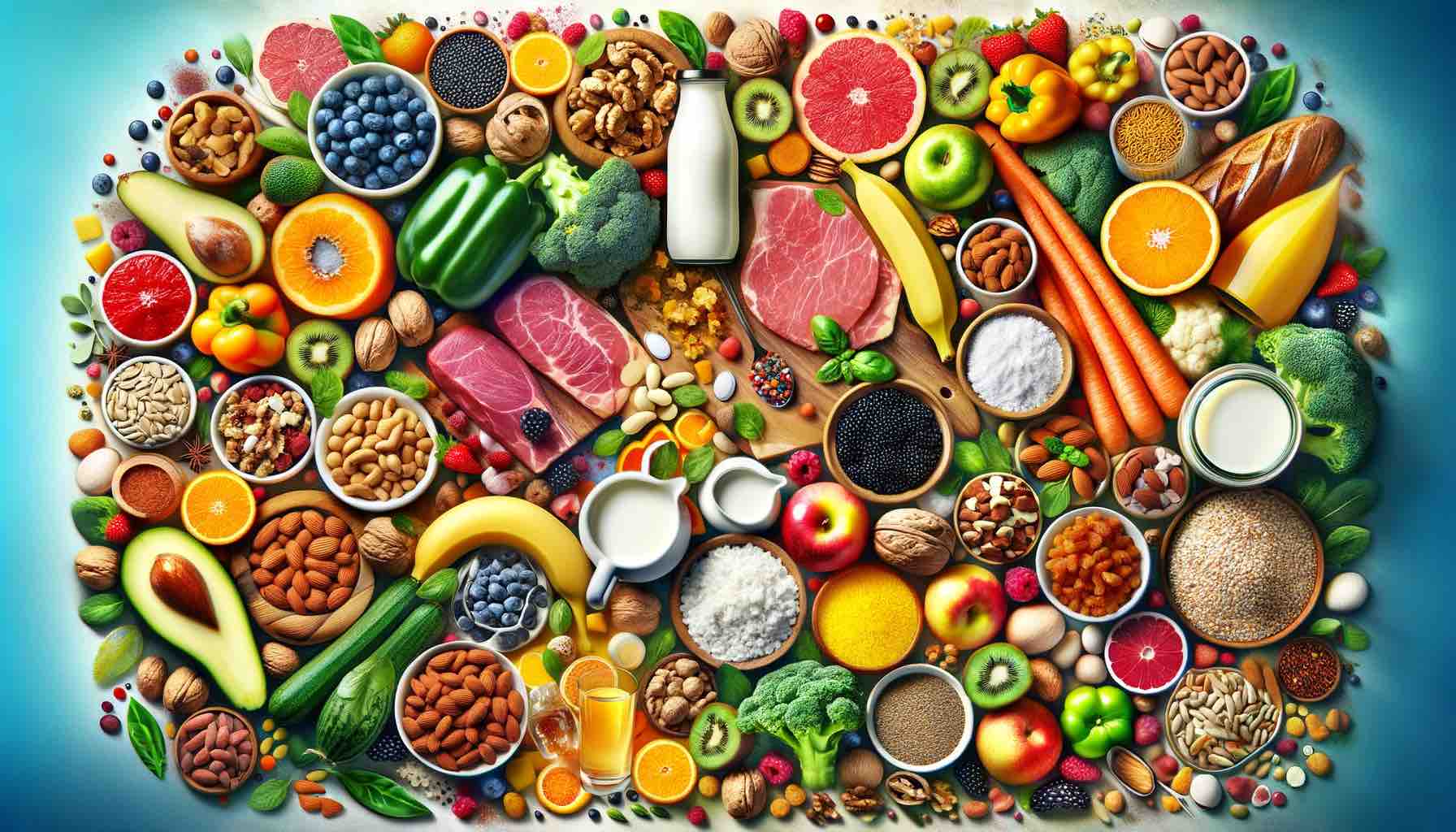
In the whirlwind of dietary advice that floods our feeds daily, three diets consistently capture the spotlight for their bold claims and controversial stances: the raw, paleo, and keto diets. Each of these diets claims to offer the golden key to weight loss, improved health, and a closer connection to the natural eating habits of our ancestors. But how much truth lies behind these claims? Let’s embark on an enlightening journey to demystify these diets, armed with scientific insights, anthropological evidence, and a dash of practical wisdom.
The Raw Diet: A Misguided Quest for Purity
The raw diet, revered for its emphasis on uncooked, unprocessed foods, is often touted as the most “natural” way to eat. However, this diet overlooks a fundamental milestone in human evolution: the discovery of fire and the advent of cooking. Cooking not only made food safer and more palatable but also allowed our ancestors to extract more energy from what they ate, contributing to the development of our brains and bodies. While eating raw foods can increase your intake of certain nutrients, the notion that it’s more aligned with human biology ignores the complexity of our evolutionary journey.
The Paleo Diet: A Romanticized Past
The paleo diet urges us to eat like our Paleolithic ancestors, favoring meats, nuts, and berries while shunning grains and processed foods. While the emphasis on whole foods is commendable, the diet’s premise is flawed. Anthropological research suggests that early humans had diverse diets that adapted to their environments, including cooked grains and legumes. Moreover, the nutritional needs of modern humans have evolved significantly since the Paleolithic era, making a strict paleo diet more of a historical reenactment than a health revolution.
The Keto Diet: A Fat-Fueled Frenzy
The ketogenic diet, with its strict regimen of low carbs and high fats, promises rapid weight loss by forcing the body into ketosis. While effective for short-term weight loss and certain medical conditions, the keto diet poses sustainability challenges and potential health risks over the long term. Severely restricting carbohydrates can lead to nutrient deficiencies, gastrointestinal issues, and an increased risk of chronic diseases. Furthermore, the diet’s focus on high-fat foods overlooks the importance of balanced nutrition, making it a risky choice for the uninformed dieter.
Finding Balance in a World of Extremes
So, where does this leave the health-conscious individual seeking the path to wellness? The answer lies in balance, variety, and moderation. Here are some practical, punchy tips to navigate the dietary landscape:
1. Embrace Variety: Incorporate a wide range of foods into your diet, including fruits, vegetables, lean proteins, whole grains, and healthy fats. Diversity in your diet ensures a broad spectrum of nutrients essential for optimal health.
2. Cook Smart: Use cooking methods that preserve or enhance nutritional value, such as steaming, baking, and grilling. Remember, cooking is a hallmark of human civilization, not a departure from nature.
3. Listen to Your Body: Pay attention to how different foods affect your energy levels, mood, and overall health. Personalize your diet to suit your unique needs, rather than following one-size-fits-all advice.
4. Seek Sustainability: Choose dietary practices that you can maintain in the long run. A healthy diet should not only be about losing weight but also about nourishing your body and supporting your lifestyle.
5. Question Extremes: Be skeptical of diets that eliminate entire food groups or require drastic changes to your eating habits. Nutrition is a field of balance, not absolutes.
In the end, the best diet is one that is informed by science, tailored to your individual needs, and enriched with a variety of foods that bring joy and health to your life. By moving beyond the myths of raw, paleo, and keto diets, we can embrace a more nuanced approach to eating that celebrates the complexity of human nutrition and the joy of eating well.
10 FAQs for “Is Going ‘Natural’ With Your Diet Truly Better?”
1. What is the main problem with raw diets?
Raw diets often overlook the benefits of cooking, which makes food safer and increases the bioavailability of certain nutrients. While raw foods can be part of a healthy diet, relying solely on them ignores the evolutionary advantages of cooking.
2. Can the paleo diet improve my health?
The paleo diet can lead to improvements in health by emphasizing whole foods and reducing processed foods. However, its strict guidelines may exclude beneficial food groups like whole grains and legumes, which are important for a balanced diet.
3. Is keto safe for long-term weight loss?
While keto can be effective for short-term weight loss, its long-term safety and sustainability are questionable. The diet’s high-fat, low-carb regimen can lead to nutrient deficiencies and other health risks over time.
4. How can I ensure a balanced diet while exploring these diets?
Focus on incorporating a variety of foods from all food groups, including fruits, vegetables, lean proteins, whole grains, and healthy fats. Listen to your body and adjust your diet based on your health needs and goals.
5. Are there any health risks associated with the paleo diet?
The paleo diet may lead to nutrient deficiencies by excluding whole grains, legumes, and dairy, which provide essential vitamins, minerals, and fiber.
6. Can I get enough fiber on a keto diet?
It can be challenging to meet your fiber needs on a keto diet due to the restriction of high-carb fruits, vegetables, and whole grains. Focusing on low-carb, high-fiber vegetables and supplementing with fiber can help.
7. Is it possible to follow these diets as a vegetarian or vegan?
It’s challenging but possible. Vegetarians and vegans can adapt the keto and paleo diets by emphasizing plant-based protein sources and healthy fats, though options may be limited.
8. How do raw, paleo, and keto diets affect athletic performance?
These diets can have varied effects on athletic performance. While some may experience improved energy on a paleo diet, others might find the carb restrictions of keto limiting for endurance activities. Individual responses vary widely.
9. Can these diets help manage chronic diseases?
Some people find improvements in conditions like type 2 diabetes with lower-carb diets like keto. However, it’s important to consult with a healthcare provider to tailor the diet to your specific health needs.
10. Are these diets suitable for everyone?
No diet is one-size-fits-all. Raw, paleo, and keto diets may benefit some individuals but can be unsuitable or unsustainable for others. Personal health conditions, lifestyle, and dietary preferences should guide your choice.
Blog Tags for the Post
diet myths, raw diet, paleo diet, keto diet, balanced nutrition, health risks, weight loss, evolutionary diet, nutrient deficiencies, sustainable eating











